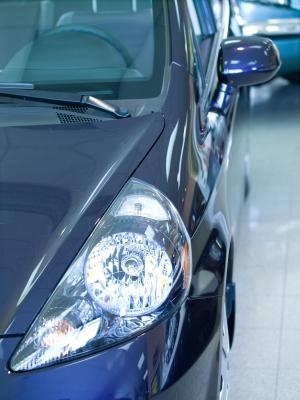
A rough-idling car can be caused by any number of issues. While this might not seem like a pressing matter, a rough idle can signal a problem with the car's engine. Repairing engine problems can mean a significant expense, so it's best to have a rough-idling car checked out by a qualified mechanic as soon as you notice the car idling rough.
A misfiring engine is among the most common causes of a rough idle. You may notice your car idling roughly when it's in "Park" or when you're driving it and stop at a stoplight. A rough idle can be caused by damaged spark plugs or spark plug wires or a burned-out valve. It's important to address the cause as soon as possible to avoid potentially damaging the engine. Engine repairs are almost always expensive.
There are numerous tests your mechanic can perform to find the cause of a rough idle. Most of these tests involve checking your car's internal system. Diagnostic tests for rough idling may include a check of your car's ignition wires to determine if they are damaged in any way, examining the vacuum hoses for any splits or tears, the carburetor for any flooding and a cylinder compression test.
If the cause of the rough idle is an engine misfire, a mechanic may start by replacing the spark plugs or fixing a vacuum leak. If the issue stems from a clogged fuel injector, the mechanic may need to clean or replace the fuel injector, depending on the extent of the damage. You may need to replace the PCV valve, if your car is idling roughly after it warms up, according to the Mister Fix It website.
Don't wait too long after noticing a rough idle to get your car checked out by a mechanic. There are a few diagnostic tests you can do yourself and attempt to determine the problem, however, unless you're a mechanic or have some mechanical capabilities, a professional mechanic will be needed to make the repair. The longer you wait, the worse the problem could be in the end.